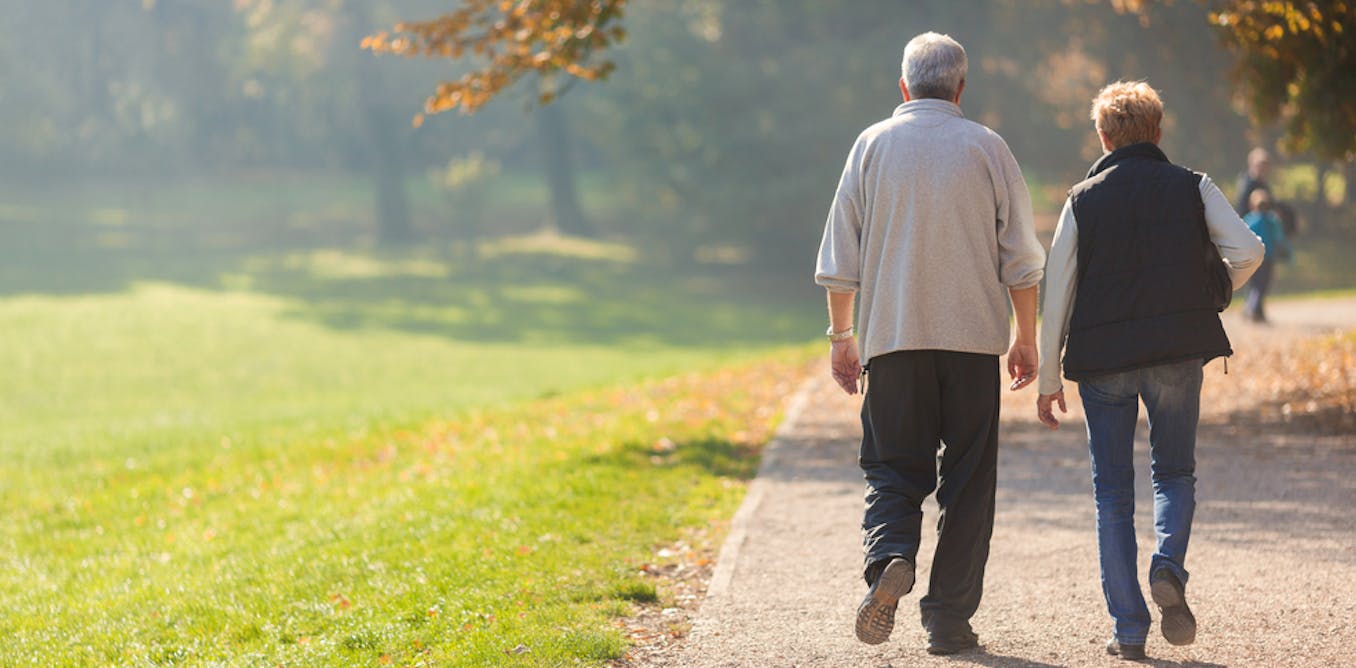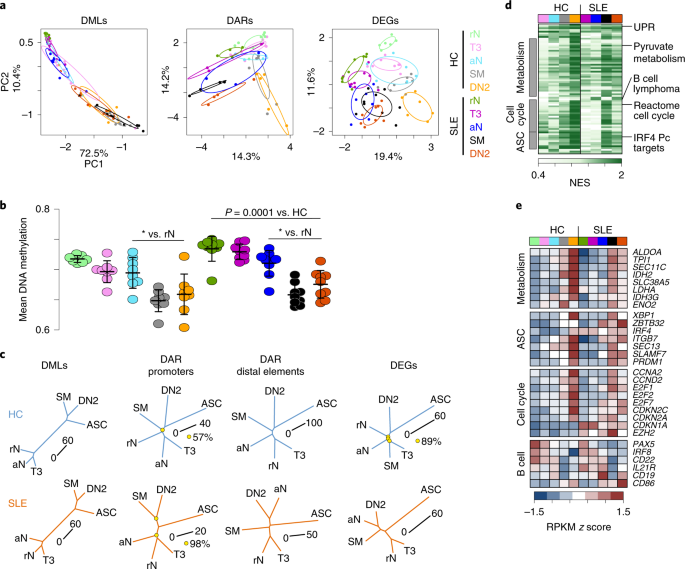
- Select a language for the TTS:
- UK English Female
- UK English Male
- US English Female
- US English Male
- Australian Female
- Australian Male
- Language selected: (auto detect) - EN
Play all audios:
Going on holiday, having a fun night out with friends, or simply relaxing at home with a good book – these activities make us feel good. Now, for the first time, we have evidence that they
also do us good. Our latest study shows that our surroundings and lifestyle can have a big impact on our immune system. We sent lab mice on “holiday” for two weeks. Our results, published in
Frontiers in Immunology, showed that simply housing mice in a cage that is about three times bigger than the standard one and adding toys (an experimental system called “enriched
environment”), has a significant impact on their ability to fight infections. Indeed, the T cells of the mice in the enriched environment showed major changes in their genes, with 56
specific genes upregulated (made more active) and four downregulated (made less active). There was also an improved ability to respond to infections and fight pathogens – no drugs, no gene
therapies, just two weeks in a more stimulating and engaging environment. WHY IT MATTERS You might ask what this means if we translate it to humans. Well, we all naturally seek more enriched
environments and we are empowered with the ability to change place or company when we do not like it. We constantly strive to improve our daily lives and environments. With these new
findings, we might feel even more encouraged to do so knowing that it is good for our immune system. But what about all those who cannot change their environment so easily? What about the
growing ageing population that lives in care homes with limited mobility and lower chances of interaction? A seminal study by Ellen Langer in 1978 showed that just providing nursing home
residents with a plant to take care of led to a significant increase in the length of their life. Over an 18-month follow up, those who weren’t given a plant to care for (the control group)
were twice as likely to die as those who were given a plant to care for. The results of our study might help revisit the idea that living conditions have a significant impact on our health.
As we grow old, our immune system also grows old and tired. Common flu or infections that are manageable for most of us in our twenties to fifties become life-threatening disease for most
elderly. Is this true only for the old population? Not necessarily. Again, eminent scientists like Donald Winnicott in the 1970s clearly showed the importance of playfulness as an indicator
of psychological health. If he were alive today, he would have most certainly have demonstrated the importance of play and fun for the immune system – with or without mice. I think that we
should never wait for someone else to tell us when we need to have a break or have some fun. However, I hope that our work will prompt people to consider that sometimes the cure is not just
in the pill.




